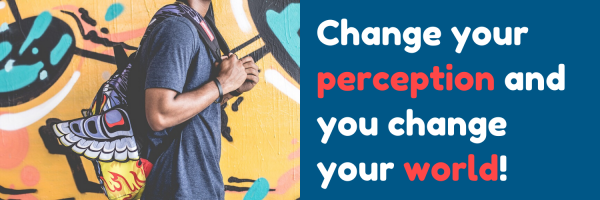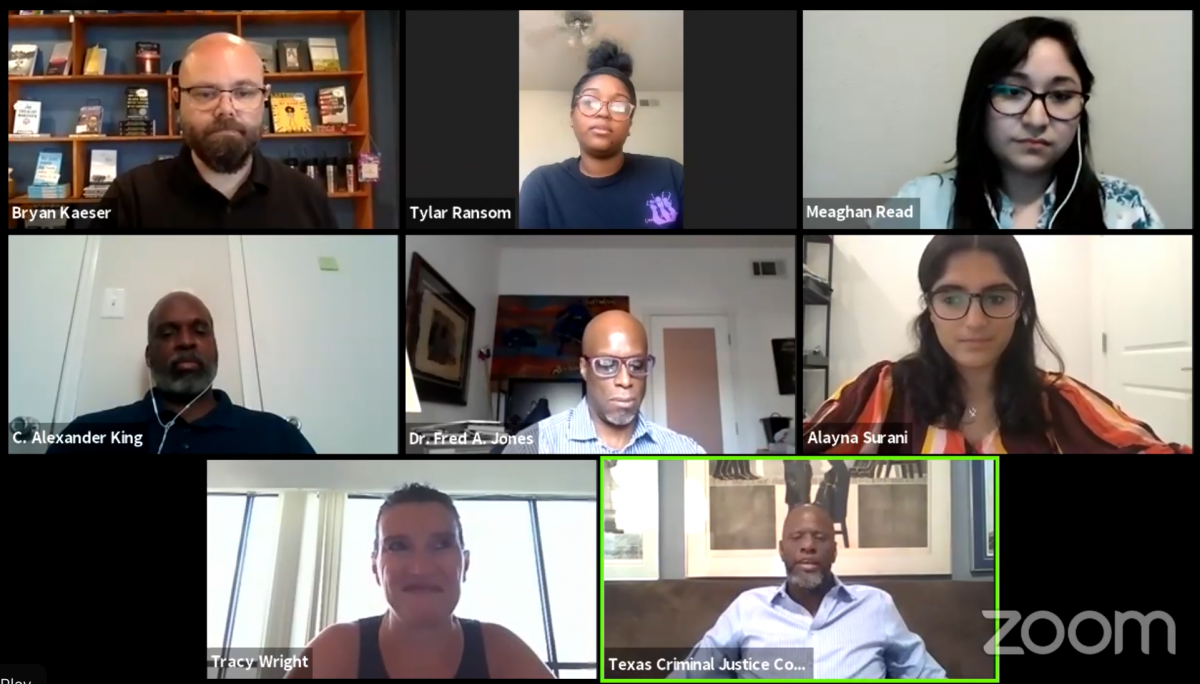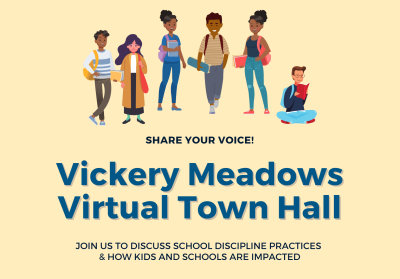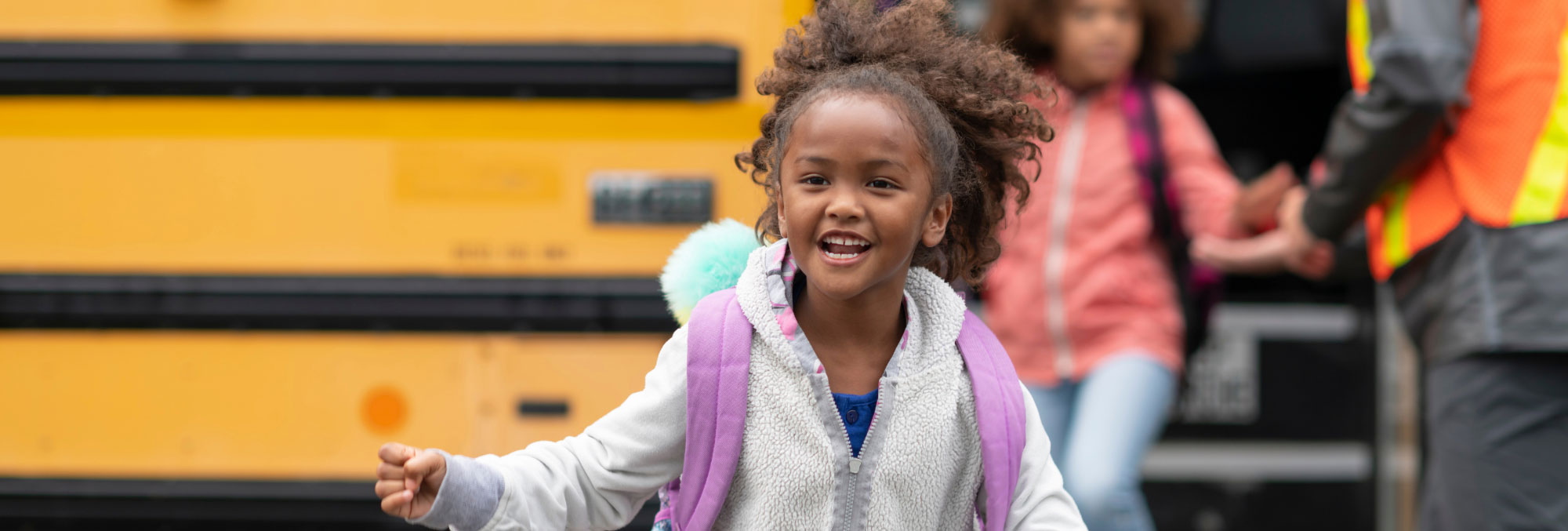
Systemic racism, implicit bias, and deficit thinking have, over time, resulted in a population of undervalued students in Texas who are experiencing social-emotional issues, which the education system has attempted to address through a culture of policing and control. Specifically, schools have implemented a “zero tolerance” approach to any perceived misbehavior, resulting in suspensions, expulsions, and justice system referrals. Students of color are over-disciplined compared to white students, making it harder for them to develop and succeed in the long run.
 Leon launched TCJE’s Perception Equals Potential (P.E.P.) Initiative in January 2020 to identify and advance community-based solutions that can address exclusionary discipline and dismantle the school-to-prison pipeline in the Dallas area. Leon has brought together a large, diverse coalition of practitioners in education and legal fields, justice and education reform advocates, academics, and students. Together, they are advocating for strategies in schools that foreground mentoring, student engagement, mindfulness, peer-to-peer mental health support, positive self-perception, and restorative justice. This is especially critical in schools that contain the highest concentration of Black and Latinx students, and that excessively rely on disciplinary action.
Leon launched TCJE’s Perception Equals Potential (P.E.P.) Initiative in January 2020 to identify and advance community-based solutions that can address exclusionary discipline and dismantle the school-to-prison pipeline in the Dallas area. Leon has brought together a large, diverse coalition of practitioners in education and legal fields, justice and education reform advocates, academics, and students. Together, they are advocating for strategies in schools that foreground mentoring, student engagement, mindfulness, peer-to-peer mental health support, positive self-perception, and restorative justice. This is especially critical in schools that contain the highest concentration of Black and Latinx students, and that excessively rely on disciplinary action.
ACHIEVING SUCCESS THROUGH WELLNESS: In early 2021, select P.E.P. participants, together with local programming providers, founded the “Achieving Success Through  Wellness” (ASW) Collaborative. Participants promoted student wellness through a racial equity and mental health lens.
Wellness” (ASW) Collaborative. Participants promoted student wellness through a racial equity and mental health lens.
As part of this work, the ASW Collaborative initiated virtual town hall meetings for school personnel and community members to share their experiences and offer solutions that will keep kids on track.
At the same time, the P.E.P. Initiative hosted empowerment camps to give students and parents the tools to advocate for their own best outcomes.
EDUCATIONAL ADVOCACY SERVICES (EAS): Next, Leon developed EAS, where graduate students in social work partner with local schools to address and prevent school discipline (e.g., in-school and out-of-school suspensions) and improve school culture and climate.
The program has three phases:
- The graduate students receive comprehensive training on school discipline, cultural competence, restorative justice techniques, youth mental health and community resources, and other issues.
- These students develop an Action Research Project specific to preventing exclusionary school discipline and improving student engagement.
- The graduate students work weekly with teachers, students, practitioners, and administrators in particular schools, utilizing their training and restorative practices (like relationship-building circles) to identify and repair harm, ensure accountability, and help keep students in their classrooms. Graduate students have also implemented their research interventions, including a ‘community closet’ with school supplies and food.
This launched as a pilot program in DeSoto, where practitioners called it “an essential part of the operations” and “a natural benefit to our district.” Check out a video with their feedback here!
And in 2024, EAS will be expanding to Central Texas — so we'll be able to help more students thrive!
HARMFUL LABELS: Throughout these efforts, Leon has remained passionate about shifting the narrative around students and discipline: Labeling students perpetuates both their negative self-perception and the negative perceptions of them by school personnel, creating a cycle of disciplinary actions from which students can find difficulty escaping. At the same time, schools with higher percentages of students labeled “at risk” may make funding decisions—like over-investing in school policing—that fail to put students on a path to success.
